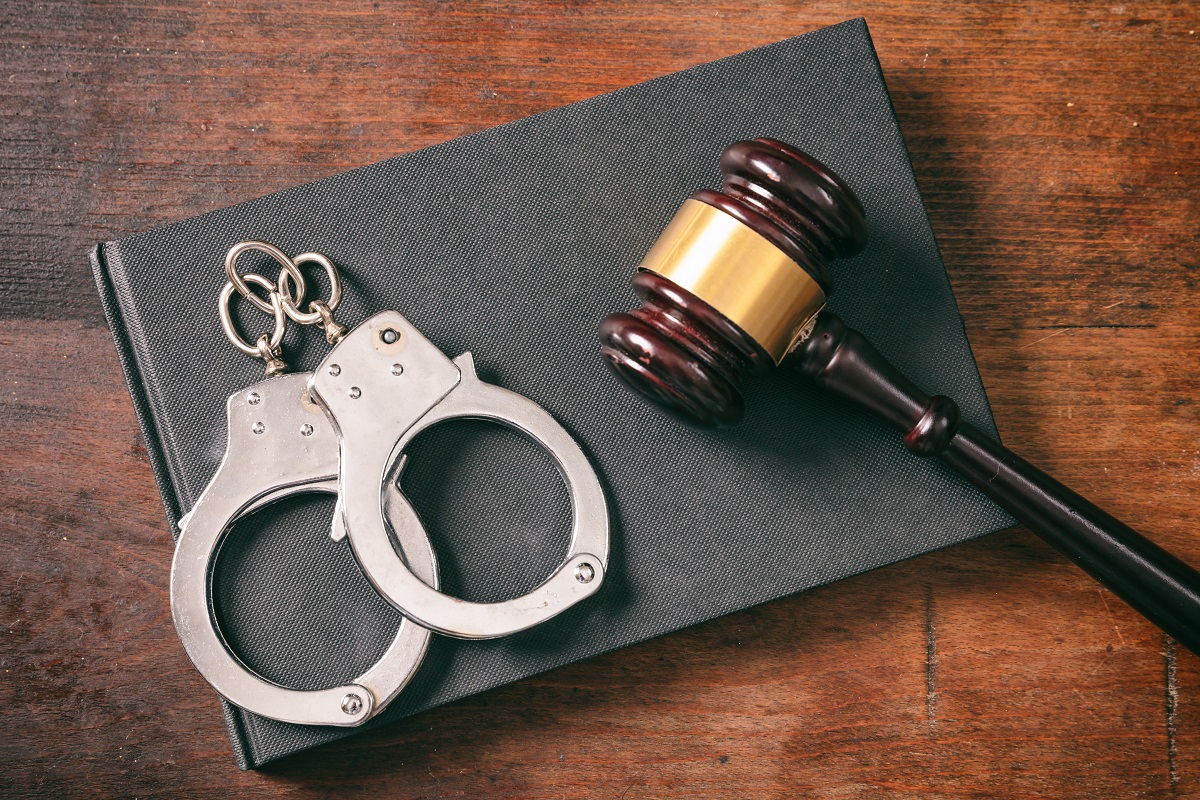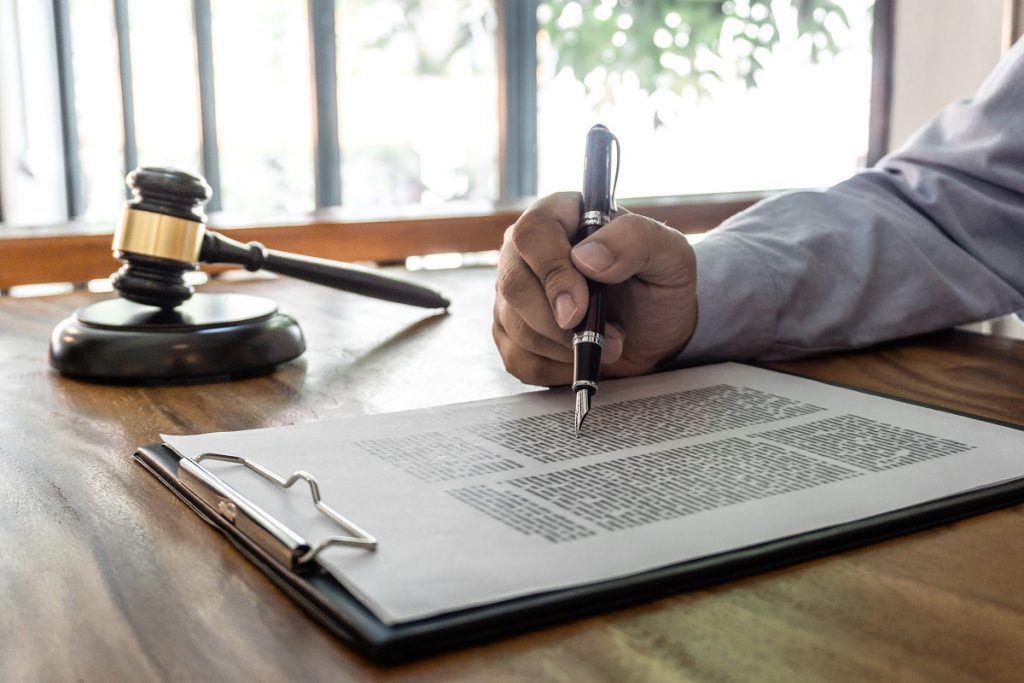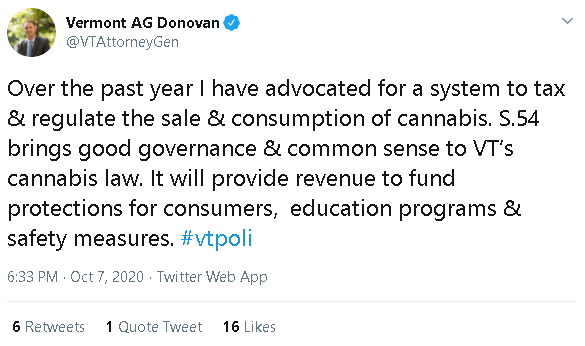
Getting the federal government to reschedule cannabis for patient use may be an uphill battle. One that may be years away from being realized because of resistance by federal lawmakers. But many states are moving ahead to expand laws that would decriminalize cannabis for personal use. And that is a step in the right direction.
There is no consistency in many states concerning criminal laws or legal penalties for cannabis. For instance, in Texas, some counties will file a charge of misdemeanor or felony. For possession of less than two ounces of cannabis. In 2019, the Texas Department of Public Safety instructed officers to ‘stop arresting citizens for cannabis’. Amounts greater than four ounces are still considered a misdemeanor (not a felony).
Confusing, isn’t it? In some states’ possession of personal use amounts will result in a ticket and small fine. In other states, it’s a misdemeanor and a court date. Citizens stuck in the middle of the legislative war between states and the federal government are never sure of the penalty. And the inconsistency within counties of the same state can be significant.
That is why states are initiating decriminalization legislation. To create a uniform statewide law that provides consistency and clarity. Especially with regards to legal and illegal amounts and possession charges. Vermont announced in September that it is expanding the decriminalization of cannabis.

Social advocacy groups have provided data that both lawmakers and the American cannabis industry are aware of. People of color (POC) are up to four times more likely to be arrested on a personal-use cannabis charge.
The bias on cannabis charges contributes to a cycle of economic and social inequity. A drug charge can have a dire impact on life. It can put more pressure on low-income individuals with fines and legal costs. It can also cause significant hardship with regard to employability, because of criminal records. Factors that can unjustly increase the cycle of poverty for black Americans.
For a minor, a cannabis charge can change the trajectory of their lives. One of the reasons State Policies Coordinator for NORML (Carly Wolf) encouraged Governor Phil Scott to sign S.234 into law.
Vermont Senate Bill 234 created a new process. Residents who have a marijuana-related conviction can receive review and expungement of criminal charges. The Bill puts a rapid timeline of one year to clear all eligible criminal records. It is estimated that as many as 10,000 people in Vermont could have their cannabis charges expunged with S.234.
Senate Bill 234 also reduced the instances of cannabis-related charges. It lowers the civic penalty for possession of more than one ounce (but less than two ounces). And the cultivation of three plants to a fine. Residents will be allowed to cultivate up to two mature plants at home.
Each case for expungement is carefully reviewed to determine if the citizen qualifies. Not every resident in Vermont with a previous cannabis possession charge will have the opportunity to get their record expunged.
Some of the factors that are evaluated to determine whether someone is eligible to have a cannabis charge expunged include:

In states where expungement laws are being passed, there are important exceptions to the rule. The decriminalization of cannabis is aimed at preventing more people from being incarcerated. And reduce harmful criminal records. The laws are meant to give people a ‘second chance’ at a clear record, when they were first-time non-violent offenders. And when they were charged with possession of personal use amounts.
Typically, expungement requires the assistance of a lawyer. And for many people, the cost of expungement is too high. The new legislation in Vermont will make it possible to bypass the cost requirement and get that fresh start. A legal change that can impact thousands of families. And provide juvenile offenders with a ‘clean slate.’
In 2018, the state of Vermont legalized possession of up to one ounce of cannabis. As well as the cultivation of two plants at home for personal use. However, until now, retail sales of cannabis have been prohibited in Vermont. Governor Phil Scott decided not to veto the new cannabis laws for retail sales. The bill that would allow for commercialized cannabis in Vermont.

Recreational cannabis dispensaries are expected to be authorized to sell to in 2022. Under the new S.54 Bill, Vermont will implement the following laws and regulations regarding the sale of cannabis:
The S.54 Bill in Vermont took effect on October 1, 2020, officially. Dispensary licenses will be issued within the next 12 months. This will prepare for an October 1, 2022 opening of retail adult-use (recreational) cannabis locations. Subject to the opt-in or opt-out choice of local cities and towns.
As with many states, Vermont has given municipalities the right to determine whether they want recreational dispensaries. Communities will have the ability to opt-in (or out) of adult-use cannabis retail sales. Local municipalities will also be able to determine licensing for cannabis operators. That includes cultivators, processors, and manufacturers, as well as dispensaries.
Municipalities will also be able to cap the number of cannabis dispensaries. Local governance will have the ability to limit local licenses. According to the opinion of residents, many communities have local referendums to determine the maximum number of dispensaries that may operate locally.

Gwynn Zakov is a lobbyist for the Vermont League of Cities and Towns. She was one of the advocates pushing for modification of the S. 54 bill to allow communities to self-direct on policies and issuing licenses to cannabis businesses.
Twenty municipalities in Vermont signed the proposed resolution. It provided a recommendation that local communities could add up to 5% local option tax. The original draft of the bill allowed for a 2% community excise tax. Whether a 5% optional community tax would deter dispensaries from establishing in rural communities was vital. Representatives voiced concern that additional taxes would stifle job creation in small rural communities
No Information on MarijuanaDoctors.Com should be used to diagnose, treat, prevent or cure any disease or condition. You can view our Full Disclaimer here.